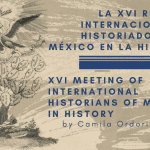
The success of Not Even Past is made possible by a remarkable group of faculty and graduate student writers. Not Even Past Author Spotlights are designed to celebrate our most prolific authors by bringing together all of their published content across the site together on a single page. The focus is especially on work published by UT graduate students. In this article, we highlight the many contributions made to the magazine made by Camila Ordorica, our incoming Associate Editor and Communications Director for academic year 2024-2025.
Camila Ordorica is a Ph.D. candidate in Latin American History at the University of Texas at Austin, where she studies the history of Mexico’s General Archive during the long nineteenth century (1790–1910). Her research bridges archival science with cultural, social, and material history, exploring how archives are written into history and their role within it. Camila’s passion for archival studies is rooted in her training as an archivist. She has previously worked at the Universidad Iberoamericana’s Acervos Históricos and the archives of Sine-Comunarr. Additionally, she has collaborated with UNAM ENES-Morelia, ‘17, Institute of Critical Studies’, and the International Federation of Public History on archival studies, practice, and digital scholarship training.
Camila earned her B.A. in History from Universidad Iberoamericana in Mexico City and later pursued an M.A. in Gender Studies from the Central European University (CEU) in Budapest, Hungary. At the University of Texas at Austin, she has served as co-coordinator for the Lozano Long Centennial Conference, ‘Archiving Objects of Knowledge with Latin American Perspectives’ (2020 – 2021), and the ‘History Department’s Symposium on Gender, History, and Sexuality’ (2022–2023). Camila’s research has been supported by Conahcyt/Contex, the École nationale des Chartes, the Newberry Library, the W.M. Keck Foundation, and the Conference on Latin American History. Her writing is featured in Revista nexos, Letras Libres, el Boletín del Archivo General de la Nación, Revista América, Historia Mexicana, Contributions to the History of Concepts, and Not Even Past.
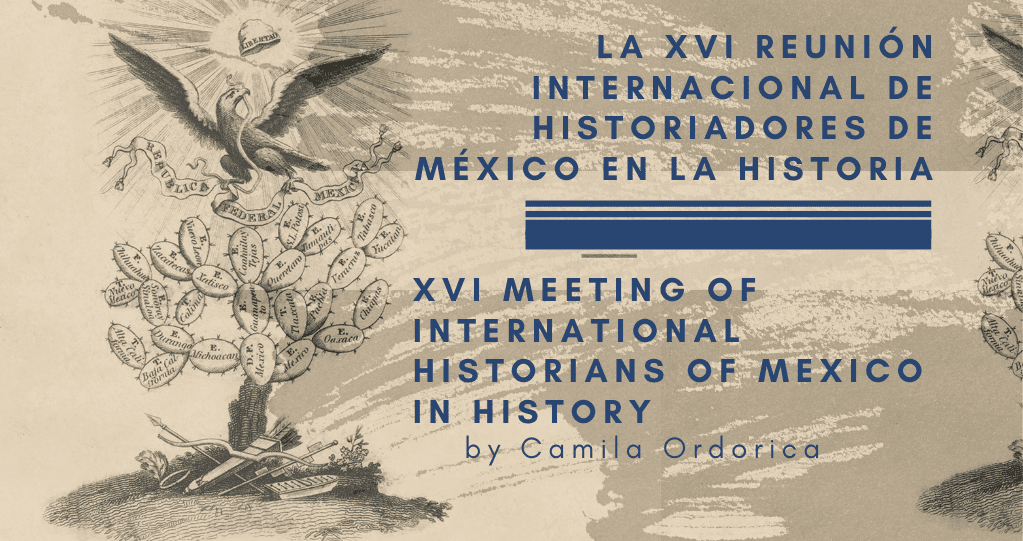
Note: This bilingual article appears first in Spanish and then in English.
Por segunda vez en los 73 años desde su creación, UT Austin fue sede del XVI Encuentro de Historiadores Internacionales de México (octubre de 2022). Bajo la coordinación de un comité conjunto presidido por la Dra. Susie Porter de la Universidad de Utah, el Dr. Pablo Yankelevich de El Colegio de México y el Dr. Matthew Butler como organizador local de UT Austin, la conferencia se planificó como un diálogo sobre la relación binacional entre México y Estados Unidos—y más específicamente Texas—y sobre los archivos. ¿Cómo ha cambiado la escritura de la historia de México y de la frontera desde la última vez que se llevó a cabo este encuentro aquí, en 1958? Este artículo presenta una breve historia de los Encuentros de Historiadores Internacionales desde 1949 y ofrece algunas notas sobre cómo ha cambiado la escritura histórica sobre México y sus fronteras desde entonces
For the second time in the 73 years since its inception, UT Austin was the host the XVI Meeting of International Historians of Mexico (October 2022). Under the coordination of a joint committee chaired by Dr. Susie Porter of the University of Utah, Dr. Pablo Yankelevich of El Colegio de México, and Dr. Matthew Butler as UT-Austin’s local organizer, the conference was planned as a dialogue concerning the binational relationship between Mexico and the United States—and more specifically Texas—and about archives. How has the writing of Mexican and borderland history changed in the last time the meeting took place here, in 1958? This article presents a brief history of International Historians Meetings beginning in 1949 and gives some notes on how historical writing about Mexico and its borders has changed since then.
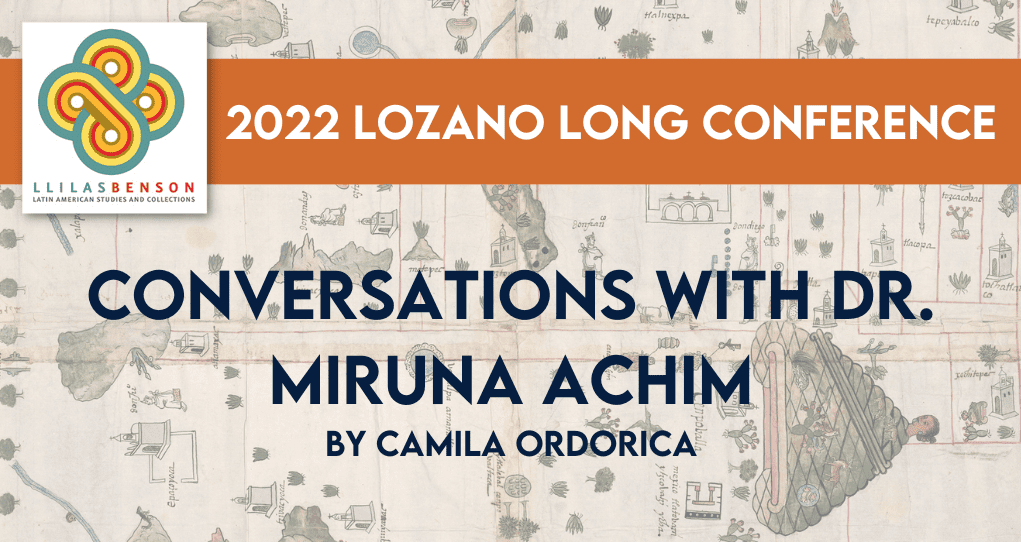
In honor of the centennial of the Nettie Lee Benson Latin American Collection, the 2022 Lozano Long Conference focuses on archives with Latin American perspectives in order to better visualize the ethical and political implications of archival practices globally. The conference was held in February 2022 and the videos of all the presentation will be available soon. Thinking archivally in a time of COVID-19 has also given us an unexpected opportunity to re-imagine the international academic conference. This Not Even Past publication joins those by other graduate students at the University of Texas at Austin. The series as a whole is designed to engage with the work of individual speakers as well as to present valuable resources that will supplement the conference’s recorded presentations. This new conference model, which will make online resources freely and permanently available, seeks to reach audiences beyond conference attendees in the hopes of decolonizing and democratizing access to the production of knowledge. The conference recordings and connected articles can be found here.
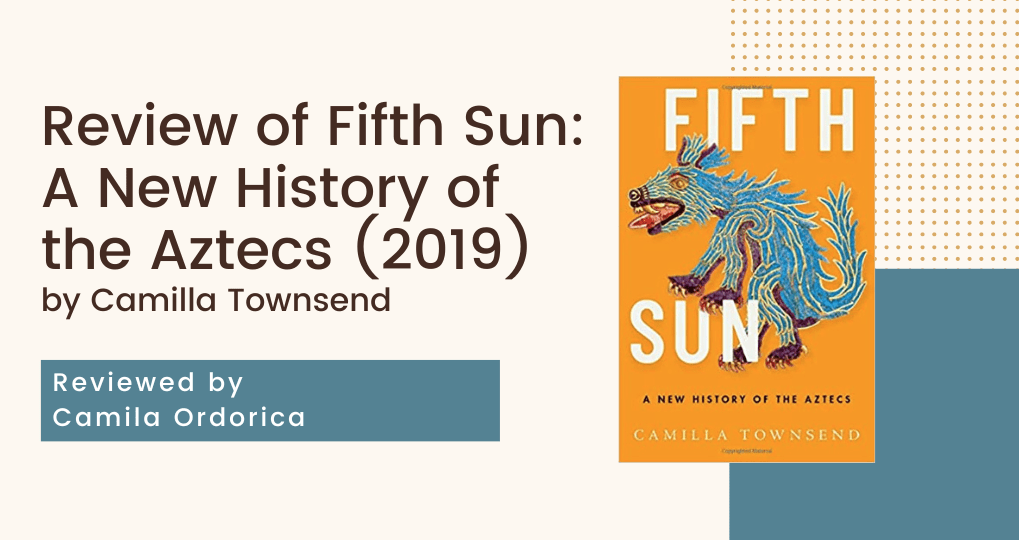
Between 1793 and 1794, the Jacobin Club, a leftist political organization led by Maximilien Robespierre held political power in France. Via this medium, the Jacobins, as they came to be known, enforced a radical understanding of the revolutionary values of the French Revolution through mass violence. This episode is known simply as “the Terror”. In 1794 the Jacobins were forced out office in an episode called the “Thermidorian Reaction”, after which everything seemed to show what the Terror was a thing of the past. In The Afterlives of Terror. Facing the Legacies of Mass Violence in Postrevolutionary France, Ronen Steinberg challenges this assumption and argues that this episode stretched beyond the years of its occurrence in the form of debates and practices aimed towards overcoming this modern form of national trauma.
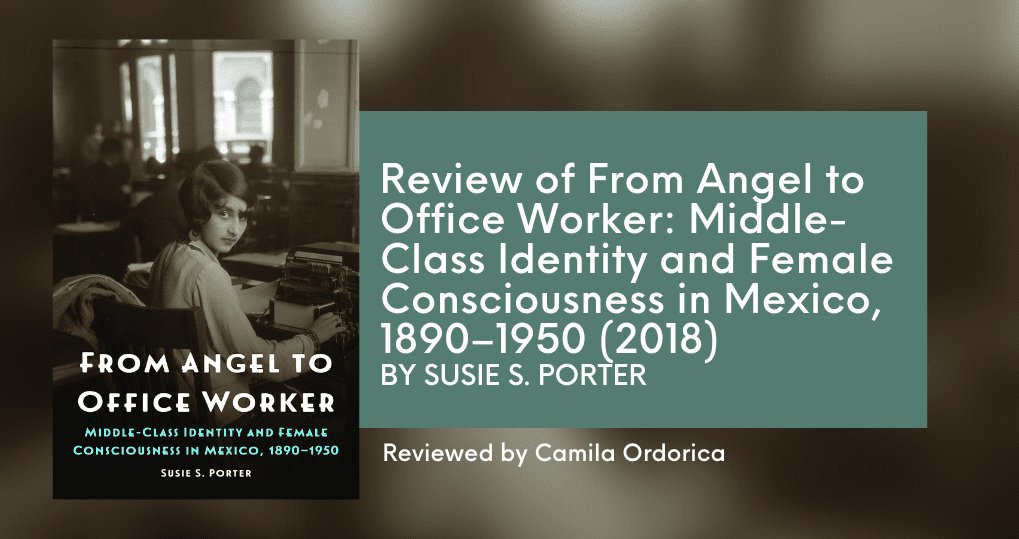
In From Angel to Office Worker: Middle-Class Identity and Female Consciousness in Mexico, 1890-1950, Susie S. Porter explores the material conditions of working women in Mexico City from 1890 to 1950 and the formation of middle-class female identity. She examines how societal practices and debates shaped this identity, analyzing the Mexican women’s movement in the early twentieth century and its connection to global feminist movements. Porter’s work highlights how women negotiated their roles during and after the Revolution and organized to improve their working and living conditions.
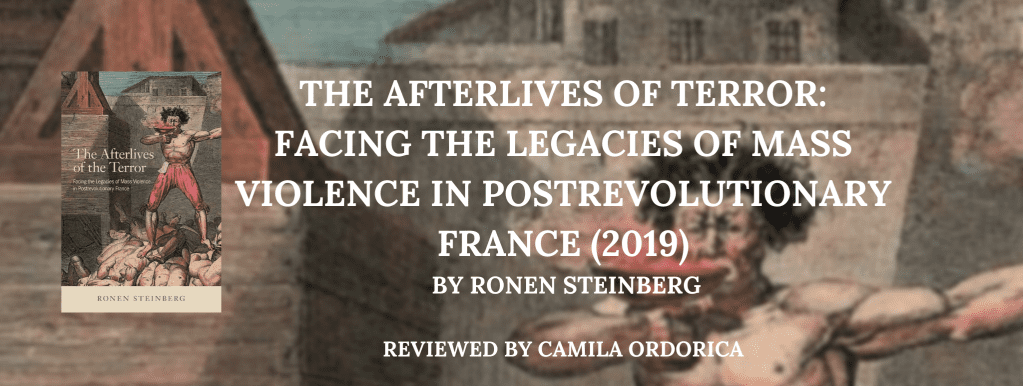
Between 1793 and 1794, the Jacobin Club, a leftist political organization led by Maximilien Robespierre held political power in France. Via this medium, the Jacobins, as they came to be known, enforced a radical understanding of the revolutionary values of the French Revolution through mass violence. This episode is known simply as “the Terror”. In 1794 the Jacobins were forced out office in an episode called the “Thermidorian Reaction”, after which everything seemed to show what the Terror was a thing of the past. In The Afterlives of Terror. Facing the Legacies of Mass Violence in Postrevolutionary France, Ronen Steinberg challenges this assumption and argues that this episode stretched beyond the years of its occurrence in the form of debates and practices aimed towards overcoming this modern form of national trauma.
The views and opinions expressed in this article or video are those of the individual author(s) or presenter(s) and do not necessarily reflect the policy or views of the editors at Not Even Past, the UT Department of History, the University of Texas at Austin, or the UT System Board of Regents. Not Even Past is an online public history magazine rather than a peer-reviewed academic journal. While we make efforts to ensure that factual information in articles was obtained from reliable sources, Not Even Past is not responsible for any errors or omissions.


